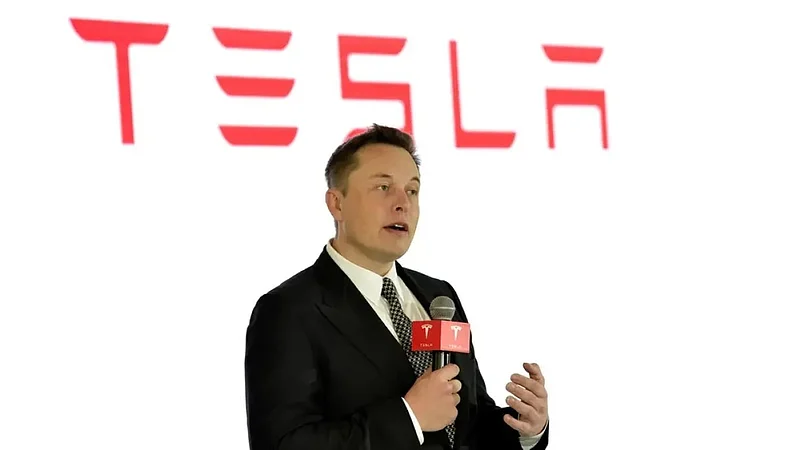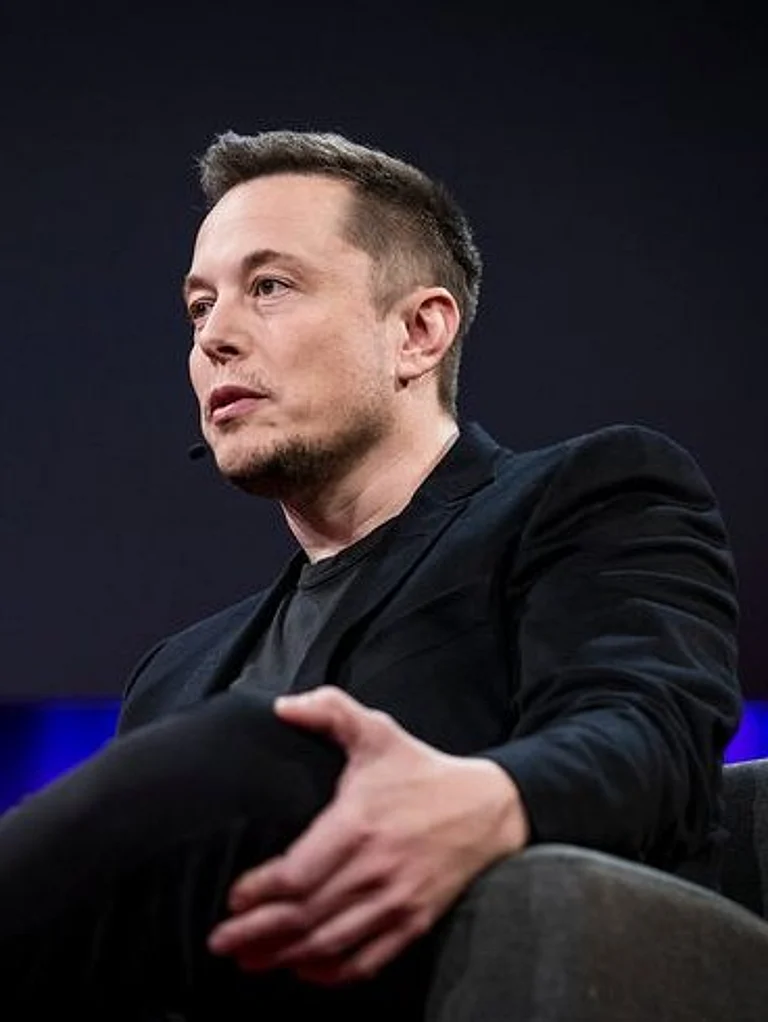Tesla has asked a federal judge to set aside or retrial a jury verdict that ordered the company to pay roughly $242.5 million in a wrongful-death and product-liability case stemming from a 2019 crash in Florida, TechCrunch reported.
The automaker says the verdict “flies in the face of basic Florida tort law” and blamed the driver’s conduct for the collision.
In the motion, Tesla argues the jury’s finding, that the company bore one-third of the blame while the driver, George McGee, was two-thirds at fault, should not stand because the crash was caused primarily by McGee’s admitted recklessness.
Tesla’s lawyers say the driver was reaching for his phone when his Tesla, operating with the company’s Autopilot driver-assistance system engaged, failed to brake before striking a perpendicularly parked SUV, killing 20-year-old Naibel Benavides Leon and seriously injuring her companion, Dillon Angulo.
Company’s Legal Theory
Tesla contends the case does not show a design defect or unreasonable danger in the Model S at issue and that imposing heavy liability despite evident driver misuse would chill innovation and misapply product-liability principles.
The filing accuses plaintiffs’ lawyers of swamping the jury with “highly prejudicial but irrelevant evidence”, including testimony about data preservation, Elon Musk, and unrelated accidents, which Tesla says distorted the trial’s focus.
Plaintiffs’ lead counsel Brett Schreiber described Tesla’s motion as ignoring the human cost of allegedly defective technology. He said the jury properly found shared responsibility and stressed that the verdict reflects not only the driver’s negligence but also the role Autopilot and Tesla’s representations played in the tragedy.
Legal Options Ahead
The jury earlier this month awarded roughly $329 million in total damages; Tesla’s share equates to about $242.5 million. In its motion, Tesla also asks the court to sharply reduce compensatory damages or, alternatively, to cut punitive damages under Florida statutory caps, arguing an award far smaller than the jury’s figure would be legally appropriate. If the judge denies relief, Tesla can appeal.
The case centers on a nighttime 2019 crash in Key Largo. McGee had both Autopilot, a supervised driver-assistance feature, and the expectation it would intervene, yet neither he nor the system braked to avoid the parked SUV. McGee later settled a separate claim with the victims. The plaintiffs said Tesla’s marketing and the system’s real-world behavior contributed to the fatal outcome.
The court will consider Tesla’s motion for judgment as a matter of law or a new trial and any requests to remit or cap damages. If those motions fail, an appellate challenge appears likely.
Observers will also track whether the judge finds the arguments about prejudicial evidence persuasive and how Florida’s legal standards for product liability and punitive damages are applied in the context of advanced driver-assistance systems.
Tesla is mounting an aggressive post-trial fight to limit or erase a high-dollar verdict that could influence how courts allocate responsibility between drivers and makers of partially automated driving systems. The outcome will matter to automakers, regulators and families confronting the real-world limits of driver-assist technology.

































